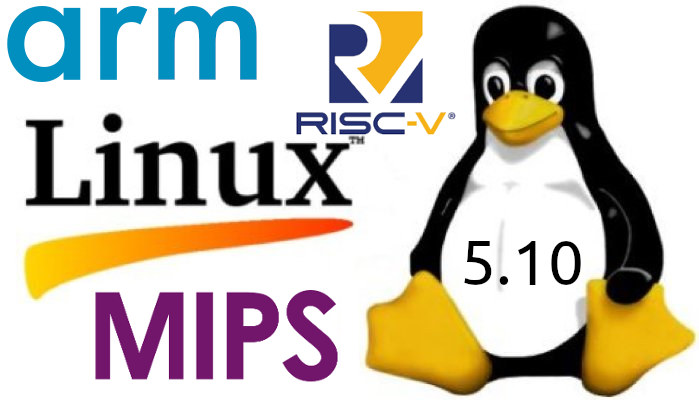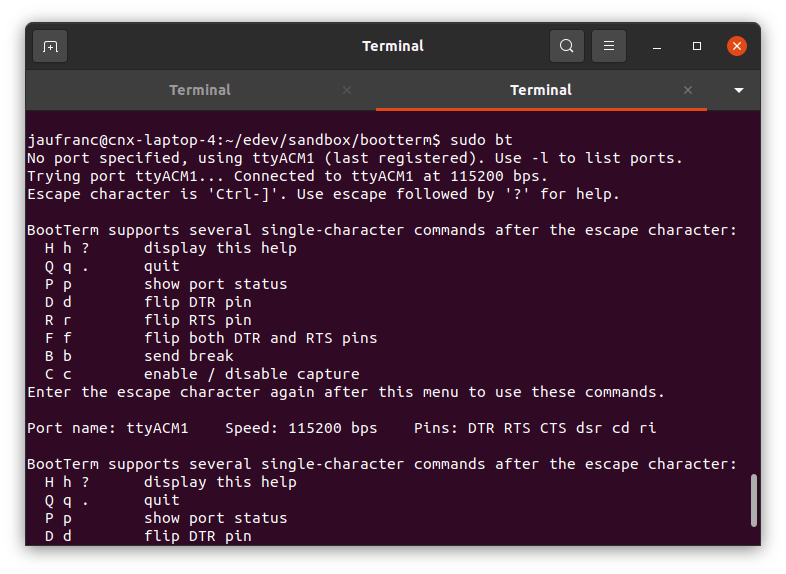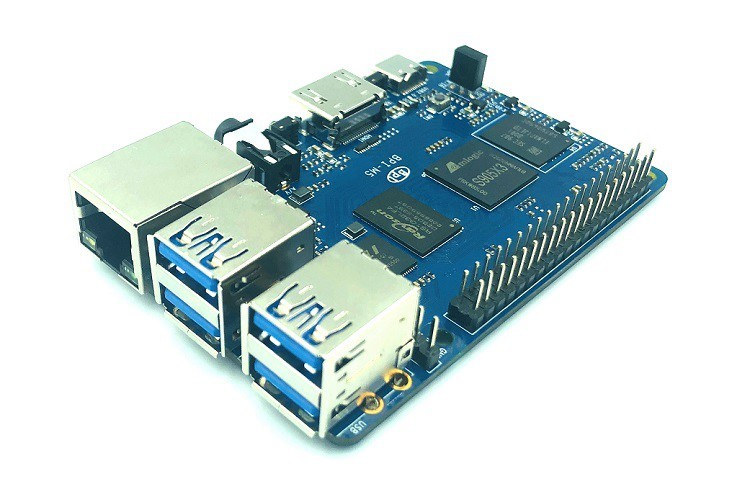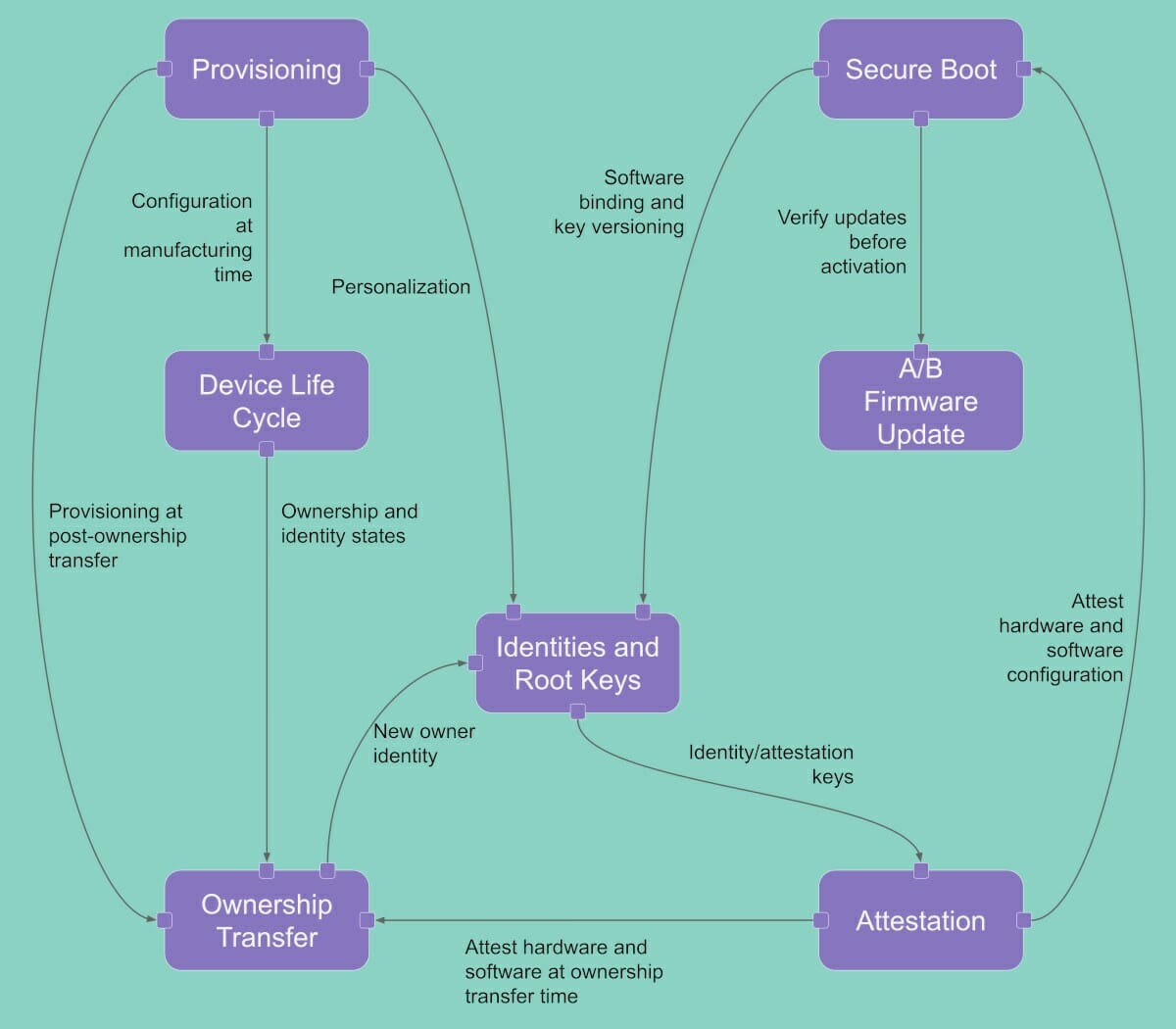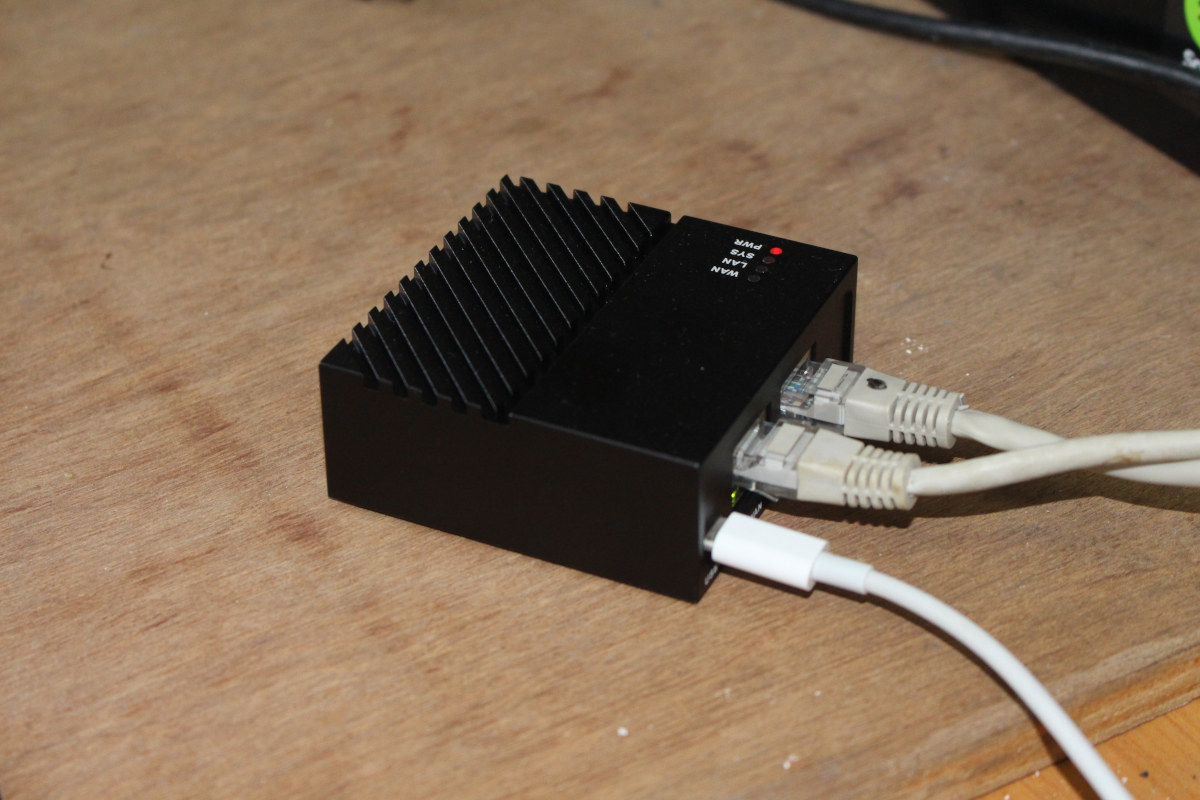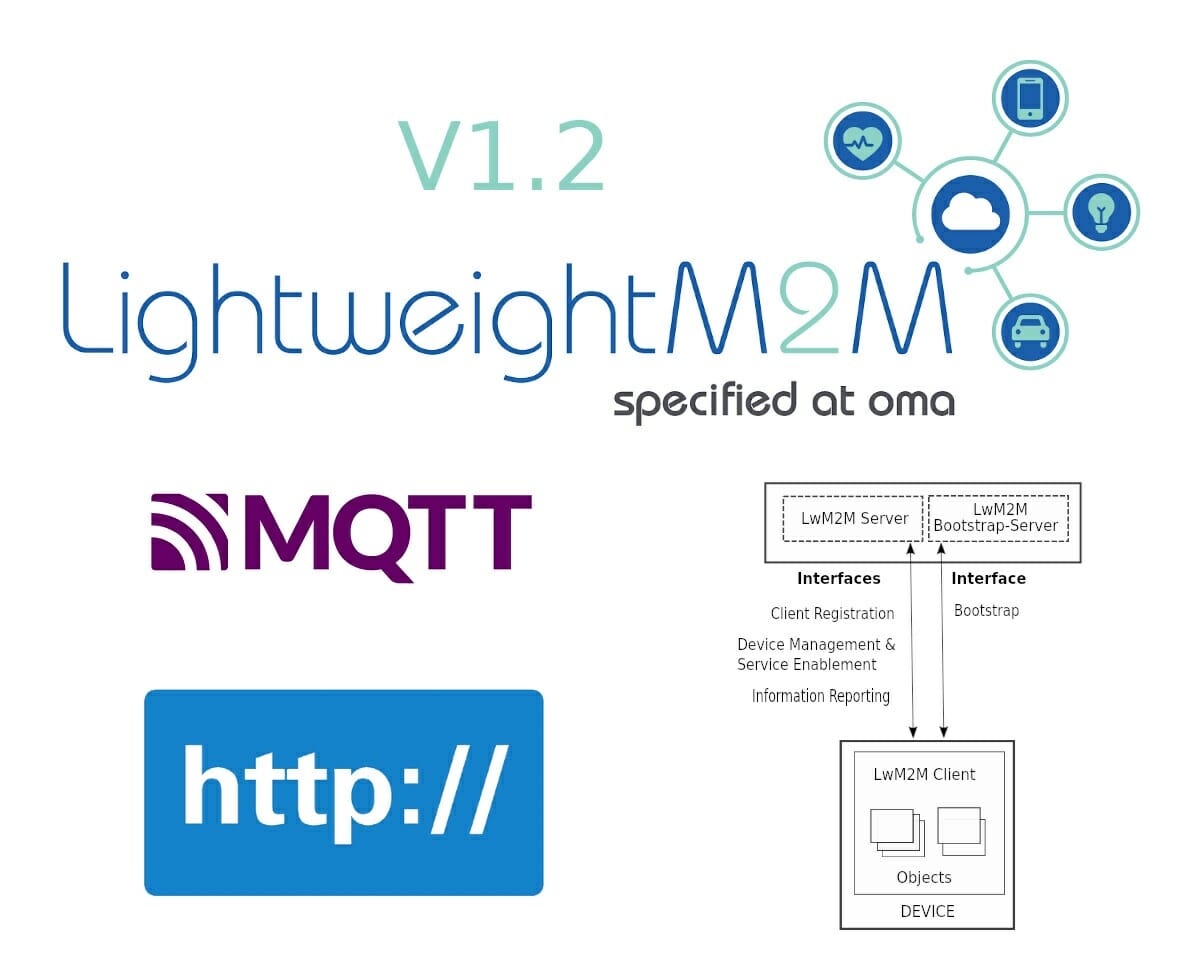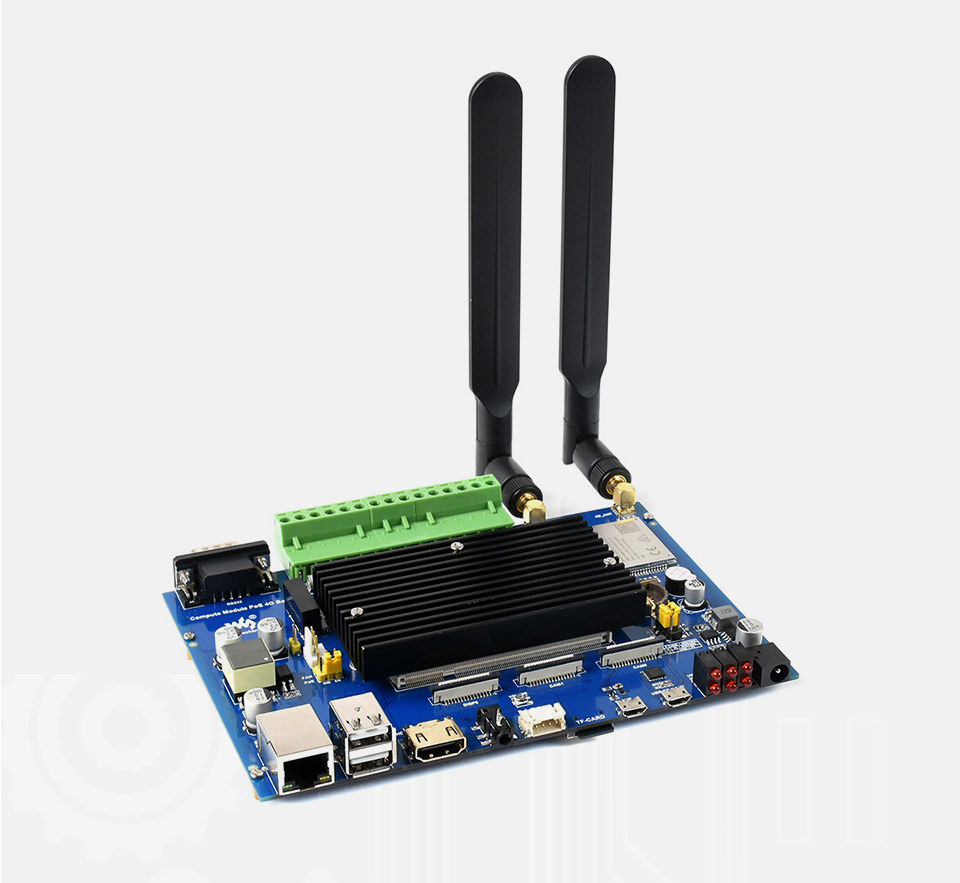At the beginning of the year, I reviewed Yeelight Smart LED Bulb 1S with both the Yeelink Android app and Google Home app. The light bulb was one of the first to implement support for Google Home Local SDK which makes controlling the light bulb much faster but requires a Google Home compatible hardware platform such as Google Home Mini smart speaker. Using the light with Google Home app still required a Xiaomi account and go through some hoops, and that’s why Yeelight has now launched the Smart LED Bulb M2 (Multicolor) with support Google Home Seamless Setup. The Yeelight app is not needed anymore, and setup is easier with Google Home. All you need is a Google Assistant-enabled device like a Google Nest Mini or Google Nest Hub. Yeelight Smart LED Bulb M2 specifications: Bulb Interface – E26/E27 bulb Wattage – 8W Brightness – Up to 1000 lumens (equivalent […]
Linux 5.10 LTS release – Main changes, Arm, MIPS and RISC-V architectures
Linus Torvalds has just released Linux 5.10: Ok, here it is – 5.10 is tagged and pushed out. I pretty much always wish that the last week was even calmer than it was, and that’s true here too. There’s a fair amount of fixes in here, including a few last-minute reverts for things that didn’t get fixed, but nothing makes me go “we need another week”. Things look fairly normal. It’s mostly drivers – as it should be – with a smattering of fixes all over: networking, architectures, filesystems, tooling.. The shortlog is appended, and scanning it gives a good idea of what kind of things are there. Nothing that looks scary: most of the patches are very small, and the biggest one is fixing pin mapping definitions for a pincontrol driver. This also obviously means that the merge window for 5.11 will start tomorrow. I already have a couple […]
Bootterm – a developer-friendly serial terminal program
There are plenty of terminal programs to access the serial console from minicom or screen to Putty. But Willy Tarreau was not quite happy with those tools, so he decided to write his own: Bootterm. I was terribly fed up with the current state of serial terminals, which either don’t cope well with errors, or take ages to start, making you lose the first characters, or don’t support non-standard speeds etc. I finally wrote mine to address all that at once, plus support for automatic port detection (the last registered one is the good one by default), waiting for the port to be ready, and also support fixed or timed captures. And a few environment variables make it possible not to type any argument at all yet have the expected behavior. If that’s something of interest to you, you can check it there: https://github.com/wtarreau/bootterm It’s still young (no support for […]
Banana Pi BPI-M5 SBC with 4GB RAM, 16GB flash launched for $53
Last September, we wrote Banana Pi team was working on an Amlogic S905X3 SBC called BPI-M5 and very similar to Hardkernel ODROID-C4 board launched in April 2020. At the time, we noted the Banana Pi BPI-M5 did add a 16GB eMMC flash on-board by default, while ODROID-C4 requires booting from a MicroSD card or a separate eMMC flash module. We also pointed out software and community support is usually much better for the ODROID board, and it was brought to our attention that BPI-M5 board uses 5V voltage only via USB-C, while the Hardkernel board support a wider 5.5V to 17V via a power barrel jack, and this could lead to potential power issue for customer connecting drives to USB 3.0 ports. The good news is that you can now buy Banana Pi BPI-M5 SBC on Aliexpress for $53 plus shipping. Banana Pi BPI-M5 specifications haven’t changed, and we can […]
OpenTitan and Microsoft Pluton – The security chips of the future
Security is becoming more and more important with critical data exposes to the Internet. Traditionally some PCs, laptops, motherboards, or single board computers would be equipped with a TPM (Trusted Platform Module) designed to secure hardware through integrated cryptographic keys. More recently, we’ve started to read more and more about secure elements providing hardware-based security for lower-end platforms. Those are external chips, but companies have also started to providing hardware-security within the processor with solutions such as Arm Trustzone or Intel SGX (Software Guard Extensions). But more recently, Google and Microsoft have made announcements about hardware-security IP with respectively OpenTitan open source project and Microsoft Pluton security chip both meant to be embedded into processors. OpenTitan OpenTitan is described as being “the first open-source project building a transparent, high-quality reference design and integration guidelines for silicon root of trust (RoT) chips”. It is backed by Google, Seagate, Nuvoton, Western Digital, […]
NanoPi R4S SBC preview with OpenWrt and Ubuntu Core
Rockchip RK3399 powered NanoPi R4S router SBC launched at the beginning of the month, and FriendlyELEC kindly sent a review sample to CNX Software. I intended to test thermally performance, Ethernet, and USB like I did for NanoPi R2S and NanoPi NEO3, but Armbian is not available right now, so I could not use some of the tools I normally used right now. So instead, I tested the board/gateway with the image from FriendlyELEC. First FriendlyCore based on Ubuntu Core 20.04, but there some issues which we’ll detail in this preview, so I then switch to FriendlyWrt built upon OpenWrt 19.07 which works better, but I still encountered some problems. That’s just to say it might be better to wait a little longer until Armbian images are released, or until FriendlyELEC fixes some of the shortcomings. NanoPi R4S gateway unboxing Before testing the software, let’s see what I’ve received. NanoPi […]
LwM2M v1.2 M2M & IoT device management protocol adds support for HTTP and MQTT, LwM2M gateways
Lightweight M2M (LwM2M) is a REST-based protocol from the Open Mobile Alliance (OMA) for M2M & IoT device management that defines the application layer communication protocol between an LwM2M server and an LwM2M client running on an IoT/embedded device. While LwM2M v1.0 was published in early 2017, we first covered the new protocol a year earlier as Imagination Technologies released the source code for the LwM2M stack running on MIPS Creator Ci40 development board. Since then we’ve mostly seen the LwM2M protocol supported in cellular LTE IoT modules including Quectel BC66 and u-Blox Sara-R410M, as well as the now-defunct Samsung Artik WiFi IoT modules. LwM2M v1.0 was followed by v1.0.1 and v1.0.2 for bug fixes, and v1.1, but OMA has now announced LwM2M v1.2 protocol that adds the following new features: New transports for LwM2M: MQTT and HTTP Optimizations for the bootstrapping and registration interfaces to reduce the amount of […]
Raspberry Pi CM3 “Industrial IoT” baseboard features PoE, 4G LTE modem, and isolated I/Os
The Raspberry Pi Computer Module 4 (CM4) may have been introduced in October, but that does not mean people have stopped all development on Raspberry Pi CM3/CM3+ hardware, and Waveshare has just launched a carrier board for the module with PoE support and a 4G LTE modem namely Simcom SIM7600G-H module with 3G and 2G fallback. The board also offers Ethernet and WiFi connectivity, HDMI and MIPI CSI/DSI video interfaces, multiple USB ports, as well as isolated CAN bus, RS485, RS232, and other I/Os for industrial applications. Compute Module PoE 4G board specifications: Storage – MicroSD card slot for Raspberry Pi CM3 Lite / CM3+ Lite modules Video Output – HDMI 2.0 port, MIPI DSI connector compatible with the official Raspberry Pi display Audio – 3.5mm stereo audio jack, 4-pin speaker connector for 8Ω/5W speaker Camera I/F – 2x independent MIPI CSI ports Connectivity 10/100M Ethernet RJ45 port with PoE […]



